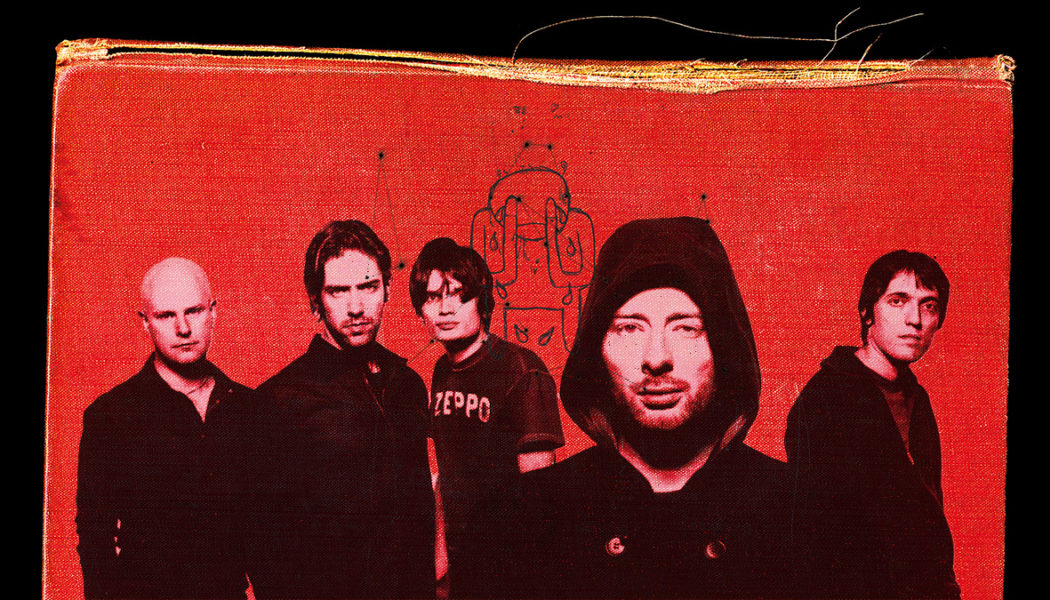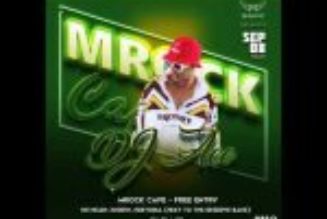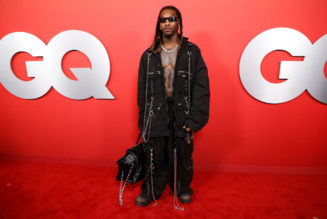
Few bands have been as mythologized as Radiohead — and for good reason. The English art-rock act went on to become one of the most acclaimed, influential rock acts of the last quarter century. Beyond their remarkably consistent, if increasingly sparse, output, their discography charts out a surpassingly cohesive arc — and their 2001 effort Amnesiac might be the key to it all.
“Amnesiac puts Radiohead’s turbulent recent history into perspective,” The Guardian wrote in a 2001 review titled “Relax: it’s nothing like Kid A.” “With the benefit of hindsight, Kid A’s willful racket now recalls the clatter of a rattle being thrown from a pram. Tantrum over, Radiohead have returned to their role as the world’s most intriguing and innovative major rock band.”
Poorly aged slight against Kid A notwithstanding, the critic was far from the only listener attempting to parse out the direction Radiohead would take after their 2000 trip to the frozen, jagged mountains of IDM and free jazz. Amnesiac seemed to hint that the boys still retained some love for killer guitar work and could still illicit emotion out of an old-fashioned acoustic piano, but to categorize it as “nothing like Kid A” fails to recognize the clear shift in approach the red record signified.
Famously recorded during the same year-long stint of recording sessions that birthed their untouchable 21st-century debut Kid A, the lead-up to Amnesiac fostered both excitement and anxiety among fans. Beyond the worry that it would contain leftovers deemed not good enough for Kid A, listeners and critics looked towards the project to parse out if the Radiohead of the ’90s was truly dead and buried. Would they continue down their new path of bleep-bloops and experimentation or dust off their guitars to give us another “Fake Plastic Trees” or “Karma Police?” Turns out, the answer was some secret third thing.
Which, in hindsight, shouldn’t have been surprising. After the, ahem, interesting start to their career (forming under the objectively lame name “On a Friday,” the now infamous MTV Beach House performance, the one-hit-wonder allegations that followed “Creep”), Radiohead quickly made a habit out of redefining themselves, dropping the increasingly forward-thinking long-players The Bends and OK Computer.
The Bends first changed their log line from ‘grunge chasers from across the pond’ to ‘Britpop maestros,’ only for OK Computer to once again reposition the quintet as ‘progressively-bent saviors of heady but digestible guitar music.’ While increasingly successful, with each new title also came heightened pressure from fans, their label, and, ultimately, themselves. Radiohead had managed the impossible feat of winning over (most of) the critics while growing commercially popular. OK Computer went platinum in the United States within a year of its release, and its subsequent year-long tour culminated in the band’s first headlining slot at Glastonbury. Where do you go from there?









